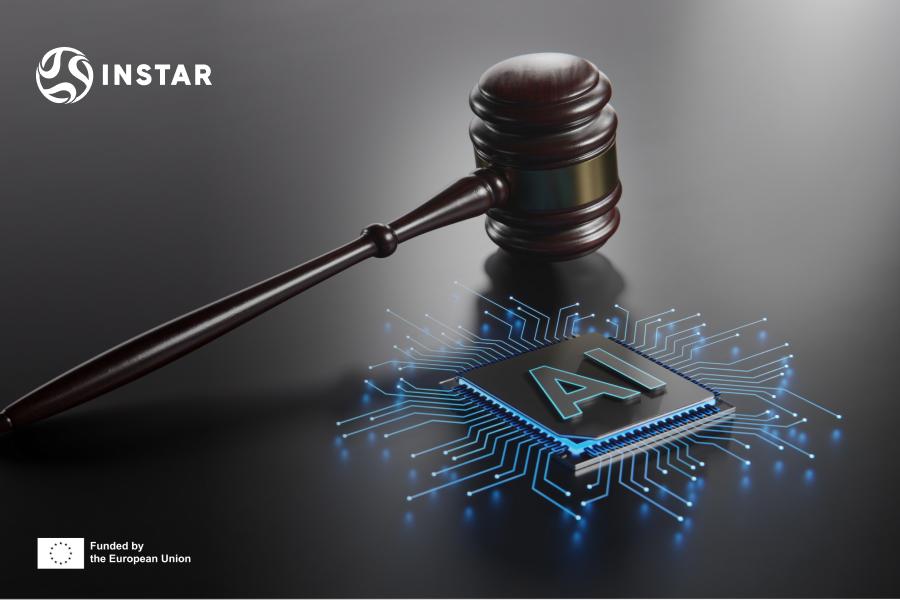The European Union's AI Act will come into effect on August 1, 2024, marking a significant development in global artificial intelligence regulation. This comprehensive legislation aims to manage the potential and risks of AI while safeguarding fundamental rights and ethical standards.
Overview of the AI Act
The AI Act is the first global regulatory framework specifically designed for AI, introducing a risk-based approach to categorising AI applications. It distinguishes between minimal, limited, high, and unacceptable risks, covering various applications from critical infrastructure to biometric identification and educational software.
Key Provisions
- Risk-Based Categorisation: The regulation classifies AI systems based on their risk to health, safety, and fundamental rights. High-risk systems, like those in healthcare and law enforcement, must undergo thorough testing and oversight to ensure they meet stringent safety and ethical standards.
- Transparency and Accountability: The Act requires that high-risk AI systems provide clear information about their capabilities and limitations. Users must be aware when interacting with AI, especially in deepfakes or automated decision-making contexts.
- Ban on Unacceptable AI: Certain AI systems, such as those used for social scoring or manipulating behaviour, are prohibited under the Act.
- Governance and Compliance: Establishing the European Artificial Intelligence Board will ensure compliance and provide guidance. Companies must adhere to these rules, with non-compliance potentially resulting in fines of up to 6% of global turnover.
Significance and Global Influence
The AI Act represents a crucial moment for the EU, setting a high standard for AI governance. It aims to balance innovation with the protection of individual rights, creating a trustworthy environment for AI development. By establishing clear regulations, the EU positions itself as a global leader in AI governance, potentially influencing regulations worldwide.
This regulation will likely have a widespread impact, encouraging companies and developers to align with EU standards. As AI technology progresses, the AI Act provides a framework that can evolve with new advancements and societal changes.
If you are a standardisation expert or a standards practitioner in the key technologies (AI, Cybersecurity, Digital ID, Quantum, IoT, 5G, 6G, and Data) in Europe, learn more about our European Task Forces and find out how you can contribute to the next generation of Technology standards!
